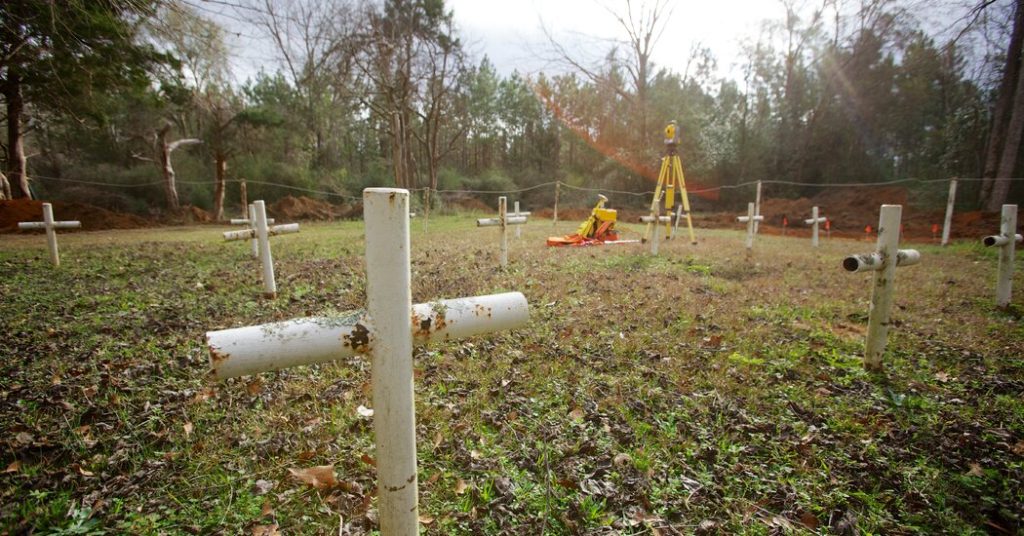Survivors of the Arthur G. Dozier School for Boys in the Florida Panhandle have endured horrors such as forced labor, brutal floggings, and sexual abuse. Many survivors, now elderly men, have come forward to share their painful memories and seek justice for themselves and the boys who died at the school. In 2017, survivors, many of whom are Black, received an official apology, and in 2022, Governor Ron DeSantis signed legislation creating a $20 million program to provide financial restitution to victims who suffered abuse and neglect at the hands of the state. The compensation program is open to survivors confined at Dozier or the Okeechobee school between 1940 and 1975 who experienced mental, physical, or sexual abuse perpetrated by school personnel.
Applications for the compensation program will be accepted until December 31, and each approved applicant will receive an equal share of the funds. Survivors must waive the right to seek further state compensation related to their time at the schools. The Florida lawmakers unanimously approved the program, with survivors testifying at an emotional State Senate committee hearing that left some lawmakers at a loss for words. Survivors like Richard Huntly, who leads the Black Boys at Dozier Reform School, described enduring beatings at a young age that continue to haunt them decades later.
The Dozier school, opened in 1900, housed children as young as 5 for various offenses until it was closed in 2011. The school was segregated into two campuses for white and Black boys until 1968. Reports of abuse at Dozier began soon after it opened, with investigations by the state and congressional hearings failing to stop the mistreatment. Forensic anthropologists excavated a portion of Dozier’s campus between 2012 and 2016, uncovering 55 unmarked graves while searching for the remains of boys whose deaths had been listed as “unknown” or “accidental.” The ghastly revelations of the abuse at Dozier served as the inspiration for Colson Whitehead’s Pulitzer Prize-winning novel “The Nickel Boys” and other works of literature.
Survivors of the Dozier school have faced a lifetime of trauma, with the pain of the abuse still lingering many years later. The compensation program aims to provide financial restitution to those who suffered at the school and may offer a small sense of closure for the survivors. The excavations at Dozier shed light on the grim history of the school and the atrocities committed against the children who were sent there. The state’s acknowledgment of the abuse and the creation of the compensation program represent steps towards recognizing and addressing the injustices inflicted upon the survivors of the Dozier school.


